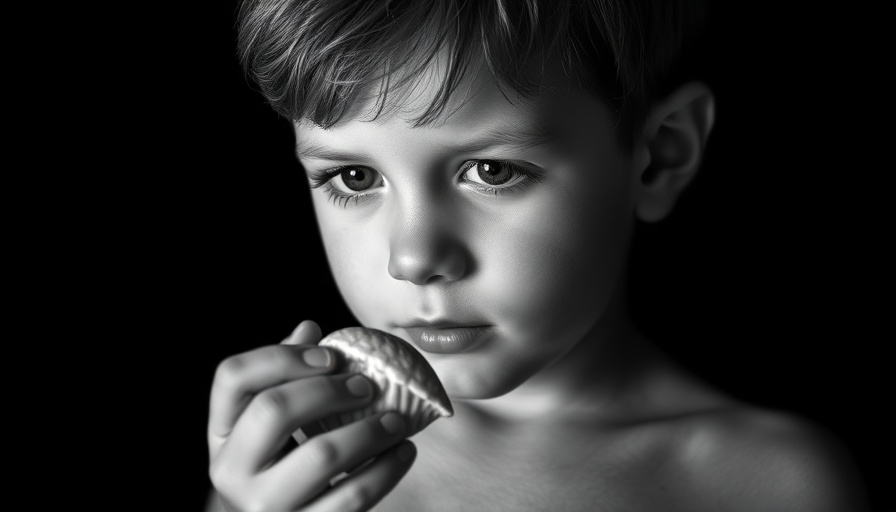
The Strength in Uncertainty: Embracing Not Knowing
In a world that often demands certainty and quick answers, the concept of 'not knowing' can be perceived as a weakness. However, an emerging perspective encourages us to view this uncertainty as a unique strength. John Tarrant poignantly states, "Not knowing is most intimate." This intimate space allows individuals to engage with life on a deeper level, fostering curiosity and openness to experiences. Embracing the unknown creates opportunities for genuine discovery and innovation.
Unraveling the Old Stories
We commonly hold onto narratives that shape our lives, often hindering our growth. When we cling too tightly to preconceived ideas or past experiences, we miss out on the richness that each moment offers. This habitual thinking can lead to stress and anxiety, especially among vulnerable populations such as youth and families facing various challenges. Letting go of these stories opens the door to new possibilities, promoting self-efficacy and resilience. It’s about allowing the world to express itself without the filters of our expectations.
Mindfulness: A Path from Uncertainty to Clarity
Practicing mindfulness and meditation can be instrumental in navigating the landscape of not knowing. These techniques encourage us to remain present, facilitating a sense of peace amidst chaos. Studies have shown that mindfulness contributes to better mental health and effective stress reduction. For families, students, and professionals alike, dedicating time to mindfulness practices can transform the approach to everyday challenges, fostering healthier responses rather than reactive behaviors.
Finding Strength in Vulnerability
As we explore this theme, it’s essential to understand that admitting uncertainty isn’t a failure; rather, it’s a courageous step toward personal growth. Especially in contexts like South Africa, where social issues—from youth crime to mental health challenges—prevalently affect the community, acknowledging our lack of control or understanding can be liberating. Vulnerability allows for the development of deeper connections within families and communities, ultimately leading to enriched support systems and shared resilience.
Personal Stories of Transformation
Many individuals have thrived after choosing to embrace uncertainty. Educators, caregivers, and community leaders who adopt this mindset often inspire those around them. For instance, youth programs that encourage self-discovery and creativity have shown remarkable outcomes in preventing crime and fostering self-esteem. Stories from these communities demonstrate the power of being open to experiences rather than retreating into familiar (yet limiting) narratives.
Future Insights: A Mindful Generation
Looking ahead, a society that collectively embraces uncertainty can build a more resilient community across Africa. Young people who learn to navigate and celebrate ‘not knowing’ will potentially become innovators and empathetic leaders. Initiatives that integrate mindfulness into educational curricula can equip students with the tools to approach life’s uncertainties with confidence, thereby reducing stress and enhancing mental well-being.
Conclusion: The Invitation to Explore
Instead of fearing not knowing, let us welcome it. Each encounter with uncertainty is a chance to explore life authentically. Whether you are a youth grappling with self-identity, a professional caught in the daily grind, or a caregiver nurturing someone in need, remember that embracing the unknown brings a wealth of opportunities. As you navigate your life’s journey, consider taking a moment to reflect on how ‘not knowing’ might act as a catalyst for your growth.
Start today by allowing room for curiosity in your life. Engage in mindfulness exercises or explore new thought processes in your daily routines. You might just discover a beautiful world that awaits beyond the confines of certainty.
 Add Row
Add Row  Add
Add 




Write A Comment